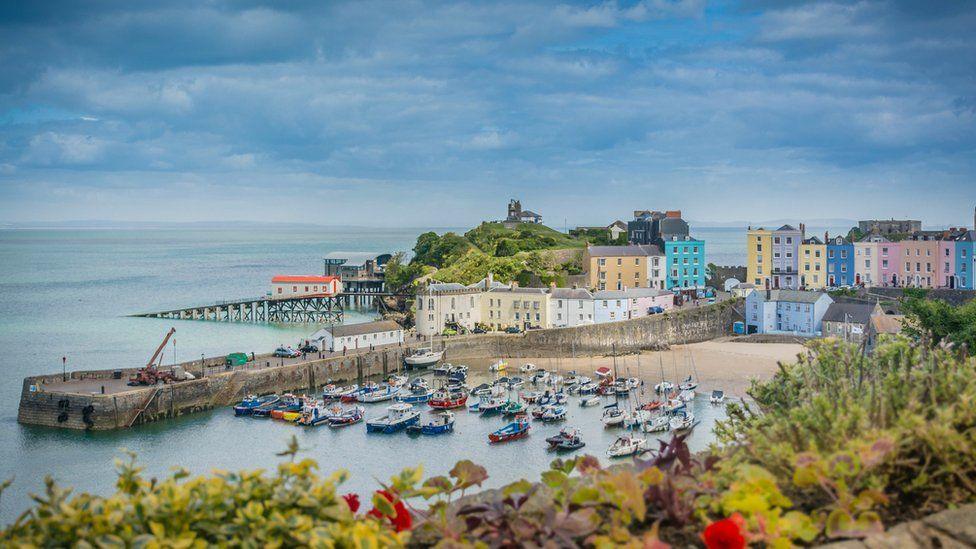Second homes: Tax hike must not affect tourism - Gwynedd council
- Published
- comments
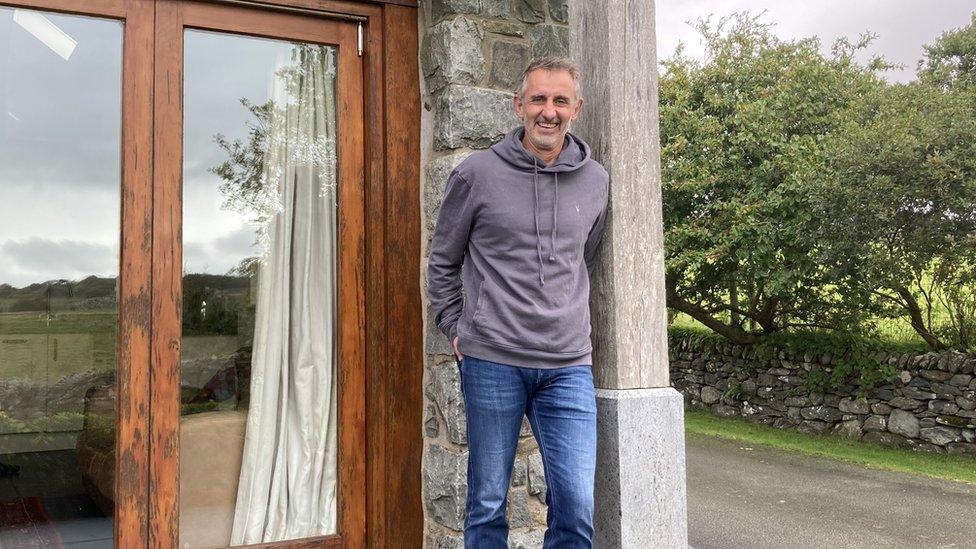
Gwion Llwyd, who runs a booking service for holiday cottages in north Wales, said the changes would be "catastrophic" for owners
Any increase in the tax on second homes must not affect tourism in the area, a council has said.
It will consider later whether to start charging up to 300% extra council tax on second homes and some holiday lets.
Holiday let owners say their properties make an important contribution to the local economy, and the changes will make business harder for them.
The council said it wanted to hear from all sides of the debate before a final decision is made in December.
The power to charge up to 300% extra council tax is just one of several measures introduced by the Welsh government earlier this year to make it easier for people to buy a home in the area where they live.
Campaigners say that when properties are bought to be used as second homes and holiday lets, it reduces the number of houses available for local people, and pushes prices up.
Mared Llywelyn lives in the village of Morfa Nefyn on the Llyn peninsula, Gwynedd, and helped organise protests on the issue last year.
She said: "People such as myself, and my friends - it's almost impossible for us to afford a house locally.
"I live with my parents, and I know a lot of people who live in caravans or chalets on their parents' land.
"They are being pushed out of their communities because the gap between local wages and house prices is enormous."
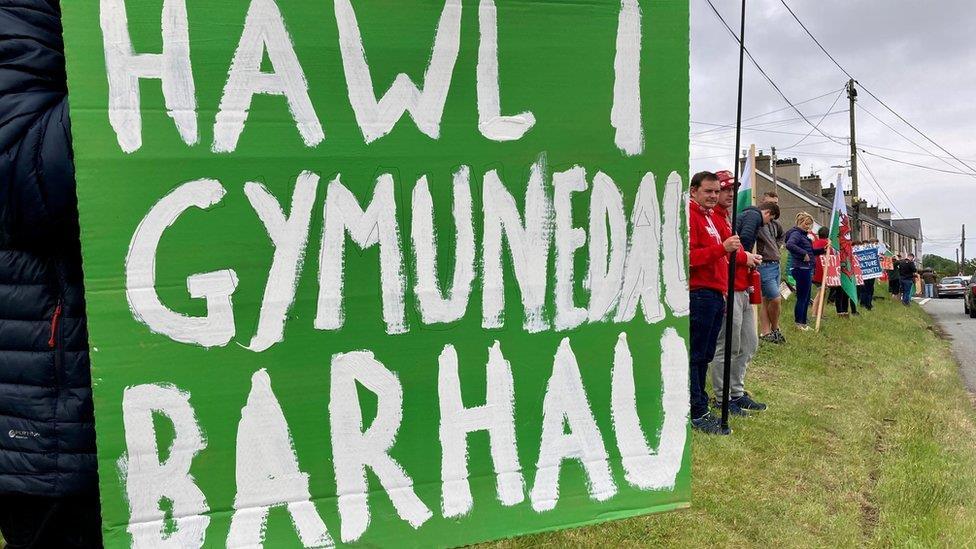
A placard reads "hawl i gymunedau barhau", or "right for communities to continue"
However, owners of second homes say the potential 300% premium on their council tax makes them feel "discriminated" against.
The rules have also changed so that more holiday cottages in Wales could also be liable for the 300% premium on council tax.
At the moment, many self-catering holiday lets are registered as businesses, so they pay business rates instead of council tax, with no extra premium.
But from April next year, properties must be rented out for at least 182 days to qualify, or they would be classed as "second homes" and be charged the premium.
Gwion Llwyd runs Dioni, a booking and management service for holiday cottages in north Wales.
He said the two changes together were worrying many owners.
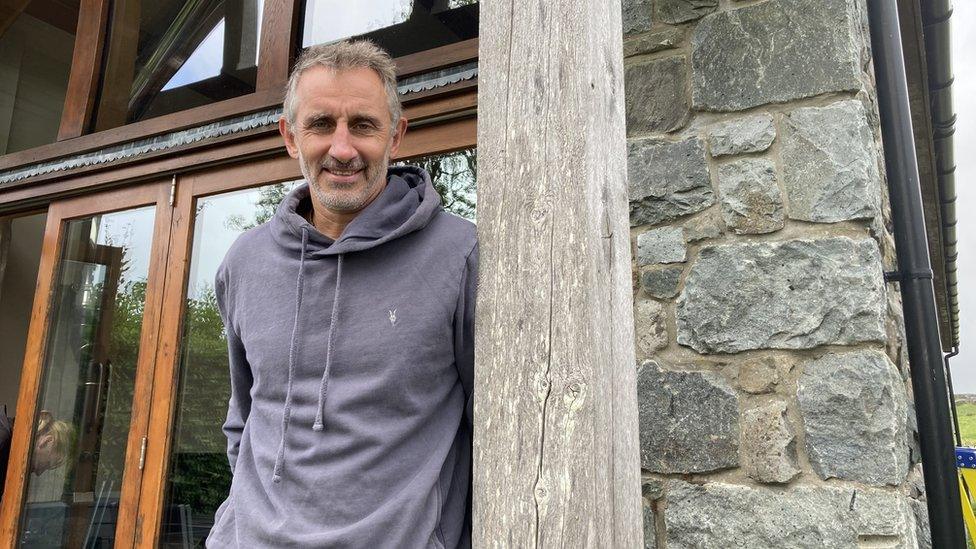
Gwion Llwyd says the changes could be "catastrophic" for some people who run tourism businesses in north Wales
"I understand the problem - we have two daughters in their early twenties, and they and their friends are finding it really hard to get on the housing ladder," he said.
"But I think some of these measures are a horribly blunt tool to try and fix the problem, and could even be counter-productive.
"We're talking about the owners in rural areas, not the tourist hotspots, who are trying to grow the tourism industry in their part of Wales.
"Some of them are young farming families who've been encouraged to diversify their farm buildings into holiday cottages - those buildings couldn't be used as homes anyway."

What is changing?
According to government body Stats Wales, there were a total of 23,974 second homes in Wales subject to council tax in 2022, as well as 22,140 empty homes.
Under new rules, councils will be allowed to decide which level of council tax premium is appropriate for their local circumstances, up to 300%. The current maximum is 100%.
This does not necessarily mean all councils will make an increase, or that they will increase the premium to the maximum permissible.
Some councils are already charging higher levies, including 100% in Gwynedd and Pembrokeshire, which have the largest number of second homes - 3,746 and 3,794 respectively this year.
The criteria for self-catering accommodation being liable for business rates instead of council tax will also change.
At the moment properties available to let for a minimum of 140 days in any 12-month period, and actually let for at least 70 days, pay rates not council tax.
Under the changes properties must be available to let for at least 252 days, and actually let for at least 182 days to qualify.

Gwynedd Council says it wants to hear everyone's views before final decision is made in December, and if it goes ahead, the extra charge would take effect in April 2023.
The leader of Gwynedd council, Dyfrig Siencyn, said the fact the Welsh government had recognized there was a problem is a huge step forward.
However, he said: "We need to be careful that, as far as we can, we protect the local tourism economy.
"Some aspects have caused concerns to local property owners, and we need to consider those concerns."

WALES' HOME OF THE YEAR: Which home will Owain, Mandy and Glen judge worthy?
SEARCHING FOR MY OTHER MAM: Gerallt searches for the father and mother he never knew

- Published17 June 2022

- Published22 May 2022
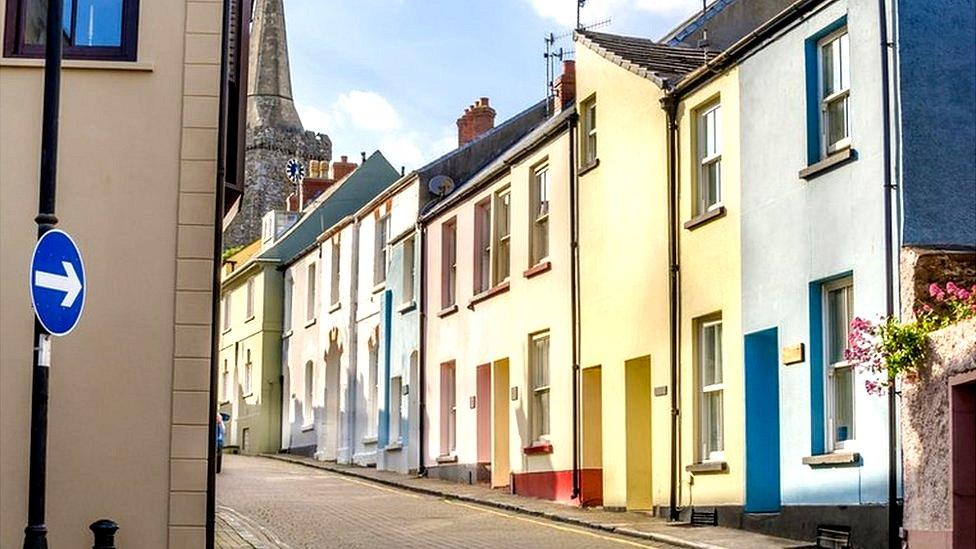
- Published23 November 2021
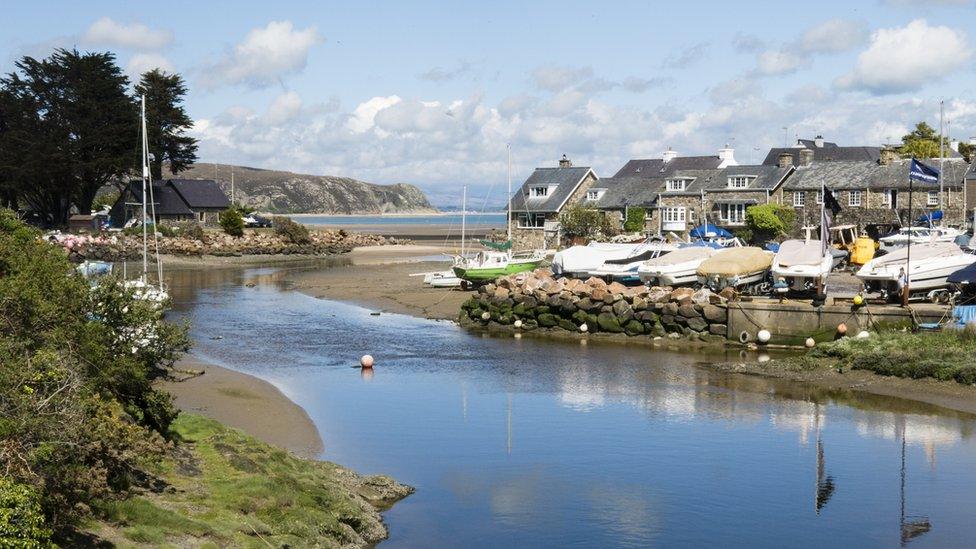
- Published16 June 2022
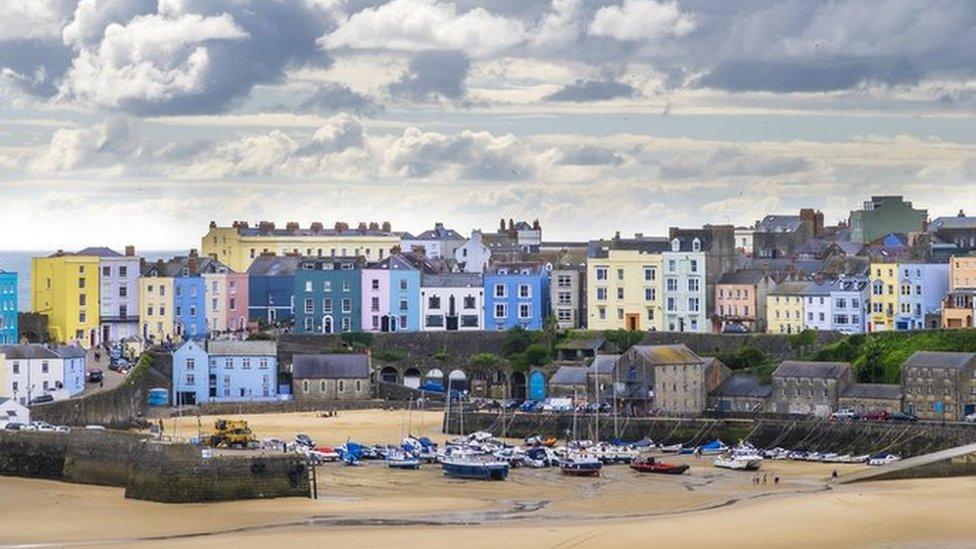
- Published4 July 2022
